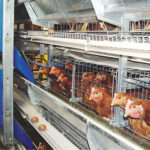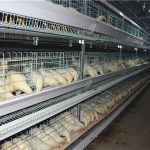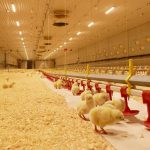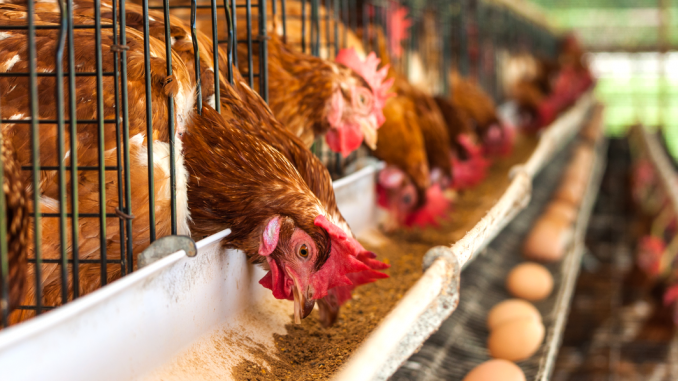After entering the spring, all things recover, the intensity of ultraviolet rays in the sun is strengthened, and the temperature is gradually rising. However, the temperature difference between day and night is large and the wind is high, which is conducive to the occurrence and spread of viral infectious diseases. Some chicken houses are too simple. There are no windows in the house. There are only vents. In order to maintain the temperature of the house, the ventilation is seriously insufficient. The ammonia smell in the house is too strong, causing some respiratory diseases such as Newcastle disease and bird flu. , chronic respiratory diseases, infectious rhinitis, infectious bronchitis, etc. Therefore, to do a good job in the management of spring chickens, so that the chickens maintain good production performance, need to pay attention to the following aspects:
1. Temperature control
Keep an eye on the weather changes. If there is any cooling or other bad weather, pay attention to closing the windows to prevent the chickens from catching cold due to sudden cooling, and then induce other diseases. Even if there are no secondary infections of other diseases, the common cold can cause a decline in production performance.
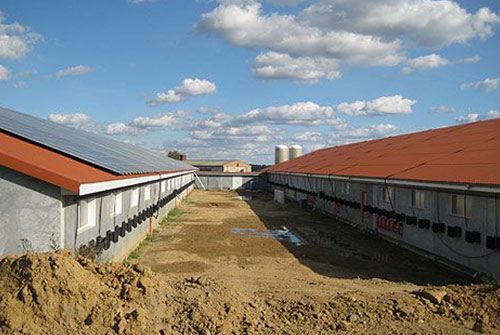
2. Ventilation management
Don’t rush to close all the doors and windows. Keep the air in the house. There is no dust in the house, no ammonia smell. Excessive dust and ammonia can also cause respiratory diseases. To do the following: All know that the chicken is covered with a thick layer of feathers and has good insulation measures. The chicken is afraid of heat but not afraid of cold, so there must be enough ventilation and ventilation devices in the house. If the house does not have ventilation and ventilation, Always open two windows, so that the air in the whole house can be well circulated. If the doors and windows are sealed, only a skylight will be left on the roof, so that the air circulation of the house cannot be achieved, resulting in ammonia poisoning. It even jeopardizes the performance of the chicken and the health of the flock.
3. Nursing house temperature control
In the brooding stage, it is necessary to prevent low-temperature emergency, and low-temperature emergency is easy to induce infectious bronchitis. When the condition is serious, serious respiratory symptoms and high mortality may occur, resulting in death of the chicken, waste of chicken, feed, medicine and quarantine. cost. If the infection is mild, the chickens have mild respiratory symptoms and a small number of chickens die. The large group of chickens have normal appearance. However, due to the cessation of development or underdevelopment of the fallopian tubes, they are thin and short, permanent damage, resulting in flocks laying eggs. The rate is very low, and the highest is only a little more than 70%. There are no effective treatments for infected chickens, and only sick chickens can be eliminated, and the losses are very heavy.
Be sure to clean the chicken houses andchicken battery cages, keep the poultry farming equipment clean and hygienic, and avoid the spread of bacteria.



